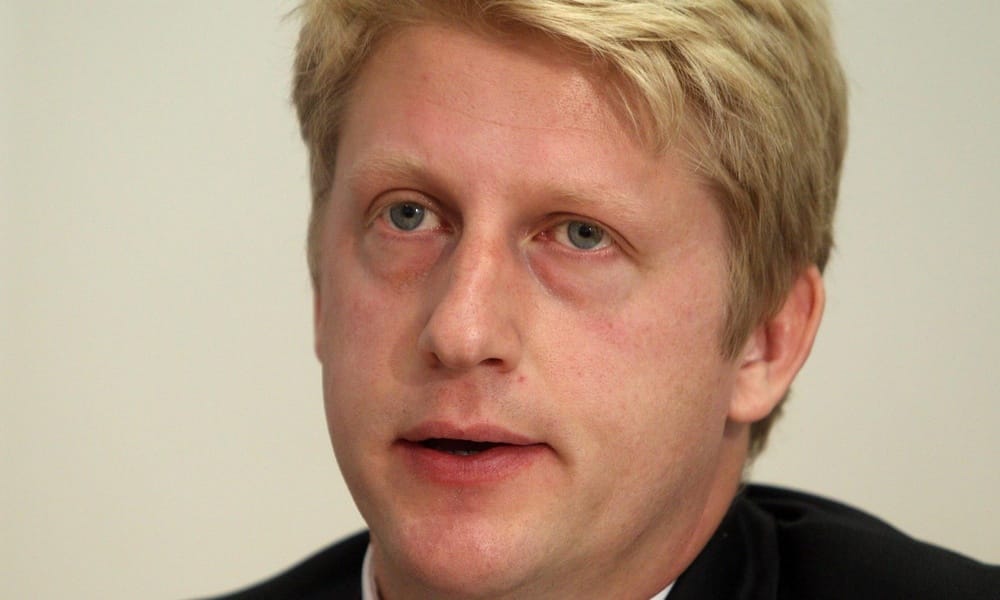Universities and science minister Jo Johnson speaks about migration
Cecily Johnson on the recent speech by Jo Johnson concerning international students

In his first speech as Minister for Universities and Science, Jo Johnson stated that the government has “an ambition to grow” its activity in international education. Highlighting the economic and social value of international students, he affirmed his commitment to addressing the drop in numbers of students coming to the UK from India.
Mr Johnson also spoke of his concern that the UK “does not welcome students as warmly as we once did” and promised to “engage and explain”, making clear that he does not intend to introduce a cap on the number of students who can travel to the UK to study.
Speaking at the Going Global conference for international education, hosted by the British Council this week in London, Mr Johnson cited the contribution of international students to the UK’s research output and the £3.9 billion in tuition fees they provide annually as significant benefits to the UK.
“The UK of course values international students who come to this country,” said Mr Johnson. “We recognise that competition for the brightest and best students from other countries is intensifying. We will continue to ensure that our excellent education system remains a magnet for brilliant minds”.
However, his comments came with a warning that this warm welcome applied only to “genuine students”, in line with the Conservative party manifesto which pledges to “reform the student visa system with new measures to tackle abuse”.
Mr Johnson also announced that the international education sector’s careers advice organisation Graduate Prospects has been enlisted by the government to “help us expose unscrupulous organisations and remove misleading websites wherever they make an appearance”.
Reducing migration into the UK is one of the Conservative party’s main ambitions. The current goal is to slash the net annual number of migrants to the tens of thousands, though this has been reclassified as an “ambition” as opposed to a target.
Universities in the UK have previously expressed concerns about the potential negative impacts of this drive to reduce migration, warning that the government attitude may impact the number of international students interested in studying in the UK. There have been calls for students to be removed from the net migration figures.
Recognising the importance of international students to the future of the UK, Mr Johnson stated “Today’s international students are tomorrow’s world leaders. They take friendships and loyalties home with them that later become trade links, cultural bonds and diplomatic ties”.
He also noted that students from outside the European Union “stimulate demand for courses where domestic demand alone can be insufficient to sustain them”, in particular helping to “maintain our first-class STEM provision”.
Mr Johnson mentioned that it is a “personal aim” to overcome misconceptions about the UK in important countries such as India, where numbers of international students have fallen in recent years. He concluded by reaffirming that “across all our international education activity, we have an ambition to grow”.










